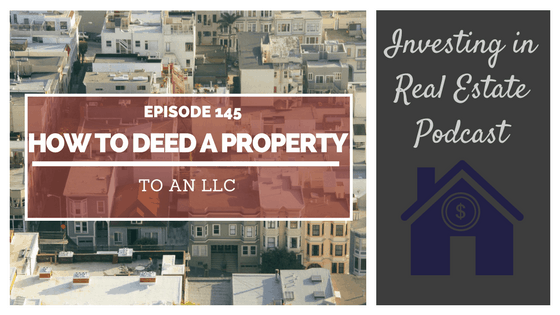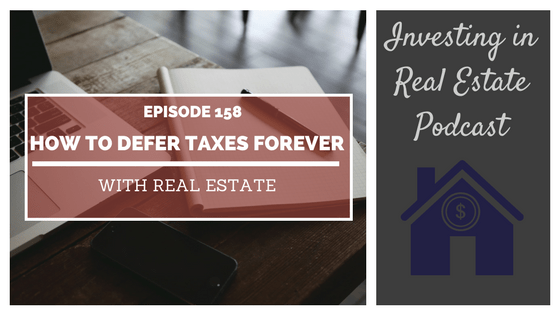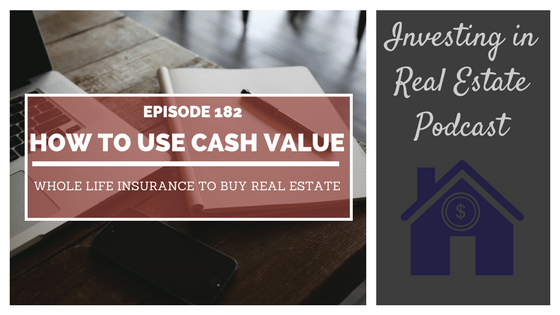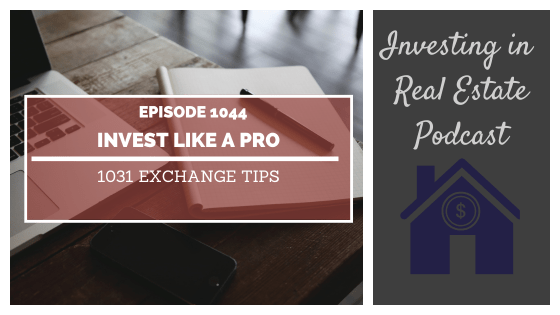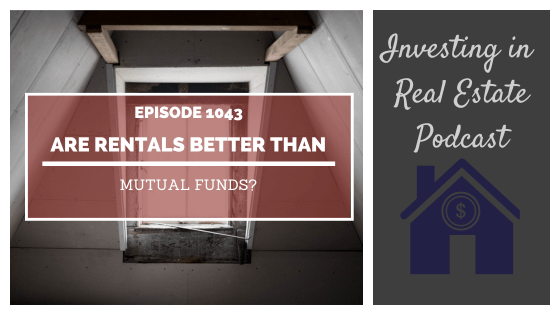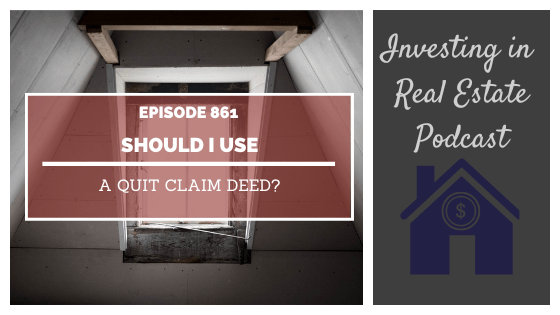
If you own rental properties in your name, should you use a quit claim deed and transfer them into an LLC? What are the pros and cons of using an LLC for real estate investing? That’s the first topic we’re diving into on today’s show!
This Q&A edition of Investing in Real Estate features three great listener questions on transferring to an LLC, finding properties with cash flow, and using home equity. As always, I appreciate your thoughtful questions and I hope you find my answers useful. Click play to hear my response to your best investing questions!
On this episode you’ll learn:
- What you should know about transferring properties into an LLC.
- How to find cash flow positive rental properties.
- How to utilize your equity if you don’t want to change your mortgage interest rate.
What You Should Know About Transferring Properties Into an LLC
I’m not a lawyer or CPA, but here’s what I know from working with intelligent professionals: it’s in your best interest to put your rental properties in an LLC as a long-term strategy. If your financing situation requires that you buy an investment in your own name, typically that’s fine. But long-term, you’ll likely want to transfer for liability purposes. I would suggest reaching out to a real estate lawyer or our friends at Corporate Direct to discuss your personal situation and strategy.
How to Find Cash Flow Positive Rental Properties
One of the most important factors to consider when you invest is which rental market you choose. Investing in a market with overinflated values is sure to set you up for failure. If you want to invest in cash flow positive rental properties, I’d suggest scheduling a free call with my team: this is what we do!
How to Utilize Equity If You Don’t Want to Change Your Mortgage Interest Rate
If you have a low interest rate on your mortgage, now is not the time to refinance. In general, I don’t necessarily suggest a cash-out refinance. If I were in this situation, I’d keep my low-interest mortgage and continue to pay it down. Then, you can consider tapping into your equity with a HELOC. It’s a totally separate product from your mortgage, it allows you to access your equity, and it doesn’t impact your mortgage balance or interest rate.
Ask Me a Question at morrisinvest.com/clayton
Episode Resources
Book a Call with Our Team
morrisinvest.com/Clayton
Corporate Direct
Download the FREE Financial Empowerment Bootcamp
Download the Freedom Cheat Sheet
Subscribe to Investing in Real Estate on iTunes
Find Your Financial Freedom Number
Subscribe to the Morris Invest YouTube channel
Like Morris Invest on Facebook
DISCLAIMER: I am not a financial adviser. I only express my opinion based on my experience. Your experience may be different. These videos are for educational and inspirational purposes only. Investing of any kind involves risk. While it is possible to minimize risk, your investments are solely your responsibility. It is imperative that you conduct your own research. There is no guarantee of gains or losses on investments.
AFFILIATE DISCLOSURE: Some of the links on this channel are affiliate links, meaning, at NO additional cost to you, I may earn a commission if you click through and make a purchase and/or subscribe. However, this does not impact my opinion. We recommend them because they are helpful and useful, not because of the small commissions we make if you decide to use their services. Please do not spend any money on these products unless you feel you need them or that they will help you achieve your goals.
Ready To Build Passive Income Through Rental Real Estate?
Ready to talk about your goals? We're here to show you the tools and teach you the process to begin earning legacy wealth for you and your family.

